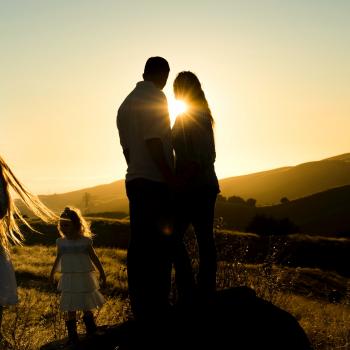These three heavy words seem to be thrown out left and right. They imply a lot about the person who’s “judging,” while taking all the blame off the perceived victim of the judgment. A person who is judgmental is “having or displaying an excessively critical point of view.” Is this really what’s going on every time someone says “don’t judge me,” though?
Many times when someone uses this phrase, they’re not having an excessively critical point of view pushed on them. A big reason why we tend to think this way, though, is because we’ve closed the door to advice from others. This kind of extreme individualism leaves little room for personal growth, motivation, sincere warning, and introspection. We’re taught that the deen (religion and lifestyle) of Islam is sincere naseeha (advice) [Muslim].
A big reason why we tend to think this way, though, is because we’ve closed the door to advice from others.
Let’s break out of the mentality that everyone’s out to get us, and fight our demons instead.
Also, the Prophet (saws) said, “All the sins of my followers will be forgiven except those of the Mujahirin (those who commit a sin openly or disclose their sins to the people). An example of such disclosure is that a person commits a sin at night and though Allah screens it from the public, then he comes in the morning, and says, ‘O so-and-so, I did such-and-such (bad) deed yesterday,’ though he spent his night screened by his Master (none knowing about his sin) and in the morning he removes Allah’s screen from himself” [Bukhari]. It’s also important to take it easy on our brothers and sisters in Islam, and to give them 70 excuses, as Hamdun al-Qassar (rahimahullah) advised us to do. If you’re having trouble doing this because you feel like others aren’t extending the same courtesy to you, remember that the best way to lead is by example.
Rather than giving up on improving ourselves and telling others not to judge us, let’s acknowledge our mistakes and shortcomings, and strive to improve ourselves everyday.











